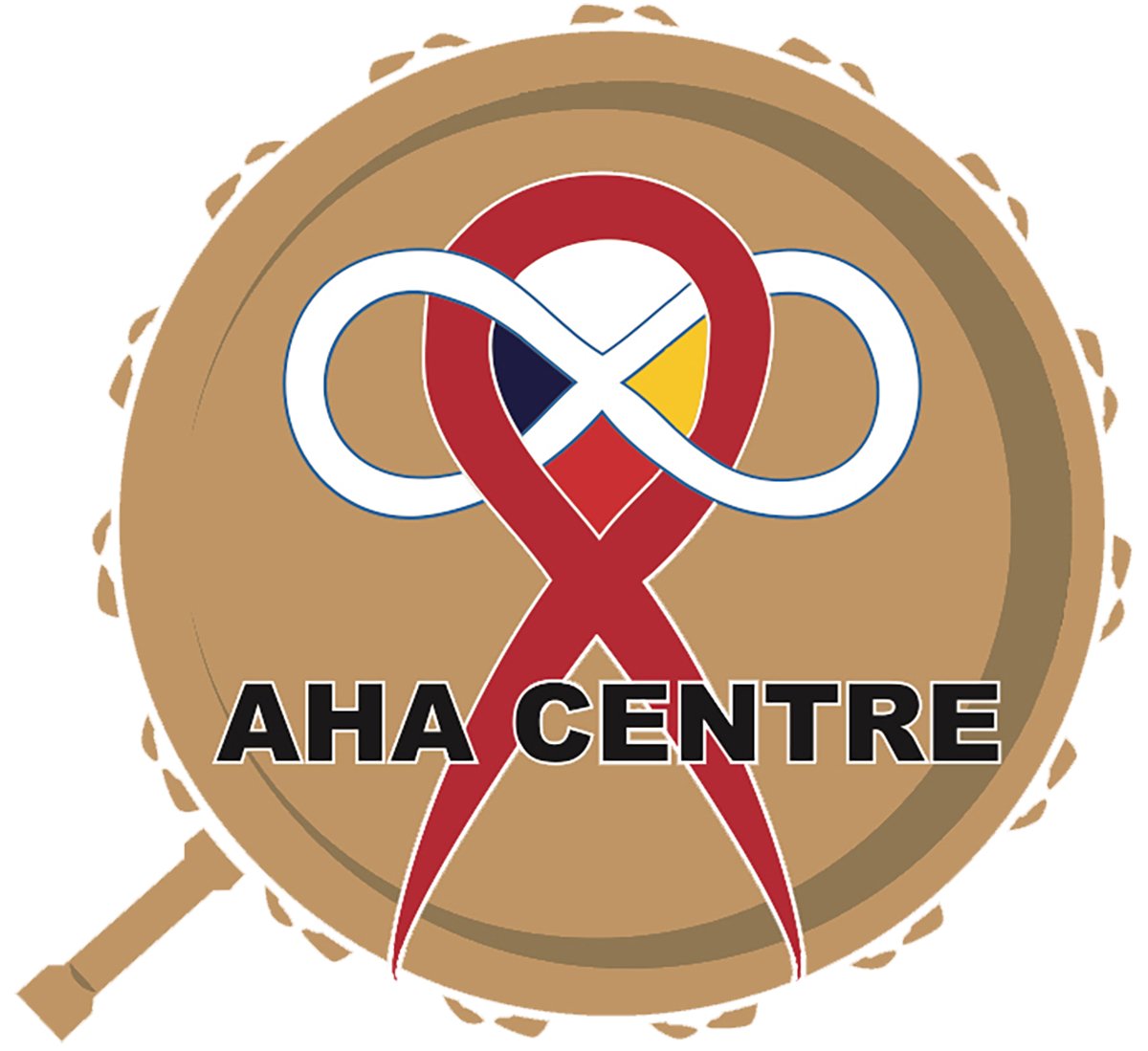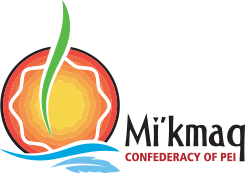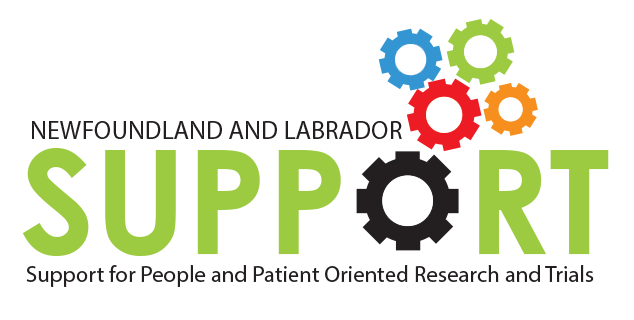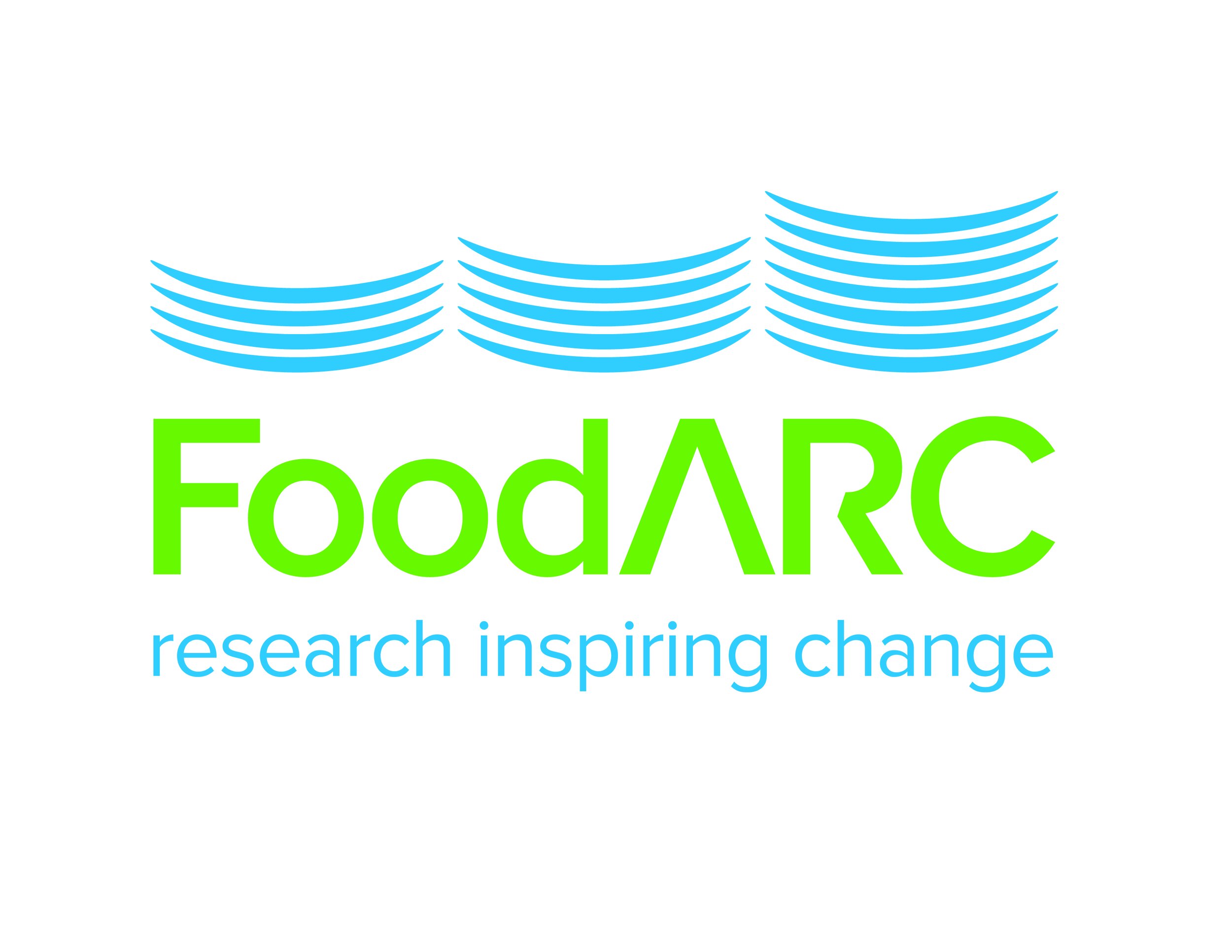
Solidarity Statement: Addressing Gender-Based Violence Against Indigenous Women, Girls, and 2SLGBTQIA+ Peoples
The Wabanaki-Labrador Indigenous Health Research Network (WLN) stands in solidarity with Indigenous women, girls, and Two-Spirit, trans, and queer relations across Mi'kma'ki, the Wabanaki-Labrador Region, and beyond. We recognize and condemn the pervasive violence (physical, verbal, emotional, sexual, and systemic) that Indigenous women, girls, and 2SLGBTQIA+ Peoples continue to face as a direct result of colonialism, oppression, racism, lateral violence, and gendered harm. This violence is ongoing and demands immediate collective action.
In this spirit, we, the WLN reaffirm our deep and ongoing commitment to Reclaiming Power and Place: The Final Report of the National Inquiry into Missing and Murdered Indigenous Women and Girls and the 231 Calls for Justice that have come from it. The Calls for Justice are not just suggestions or recommendations, they are legal and human rights imperatives that call on all of us to dismantle the systems that perpetuate violence, neglect, and dehumanization.
This is not a one-time commitment.
This is a living promise, one that requires ongoing dialogue, accountability, and courage as we strive for justice, healing, and transformative change.
Wabanaki-Labrador Indigenous Health Research Network
The Wabanaki-Labrador Indigenous Health Research Network is a diverse, dynamic, interdisciplinary, and inclusive collaboration of Mi’kmaq, Wolastoqiyik, Inuit, Innu, and Passamaquoddy community members, organizations, health professionals, students, academics, traditional healers and allies from the four provinces of Atlantic Canada – Newfoundland and Labrador, Prince Edward Island, Nova Scotia, and New Brunswick. Our vision, with the leadership of Indigenous communities, is to improve the health and well-being of Indigenous peoples within the Atlantic region using evidence informed solutions that address community-identified priorities.
Network Objectives
Shift the balance of power in the research relationship from academic institutions to Indigenous community-led decision-making;
Enhance capacity for undertaking meaningful, relevant and respectful Indigenous health research;
Support communities to address their health research priorities and implementation strategies through top-tier research and research capacity-building; and,
Share the experiences of the network widely and foster its sustainability.
Our Partnerships

















